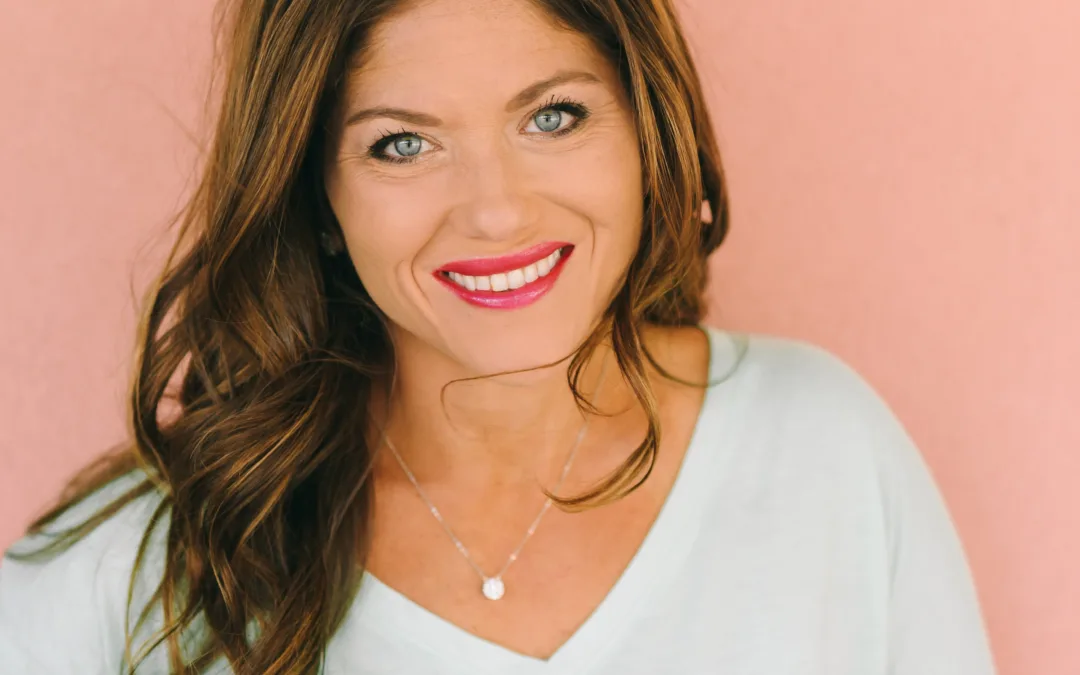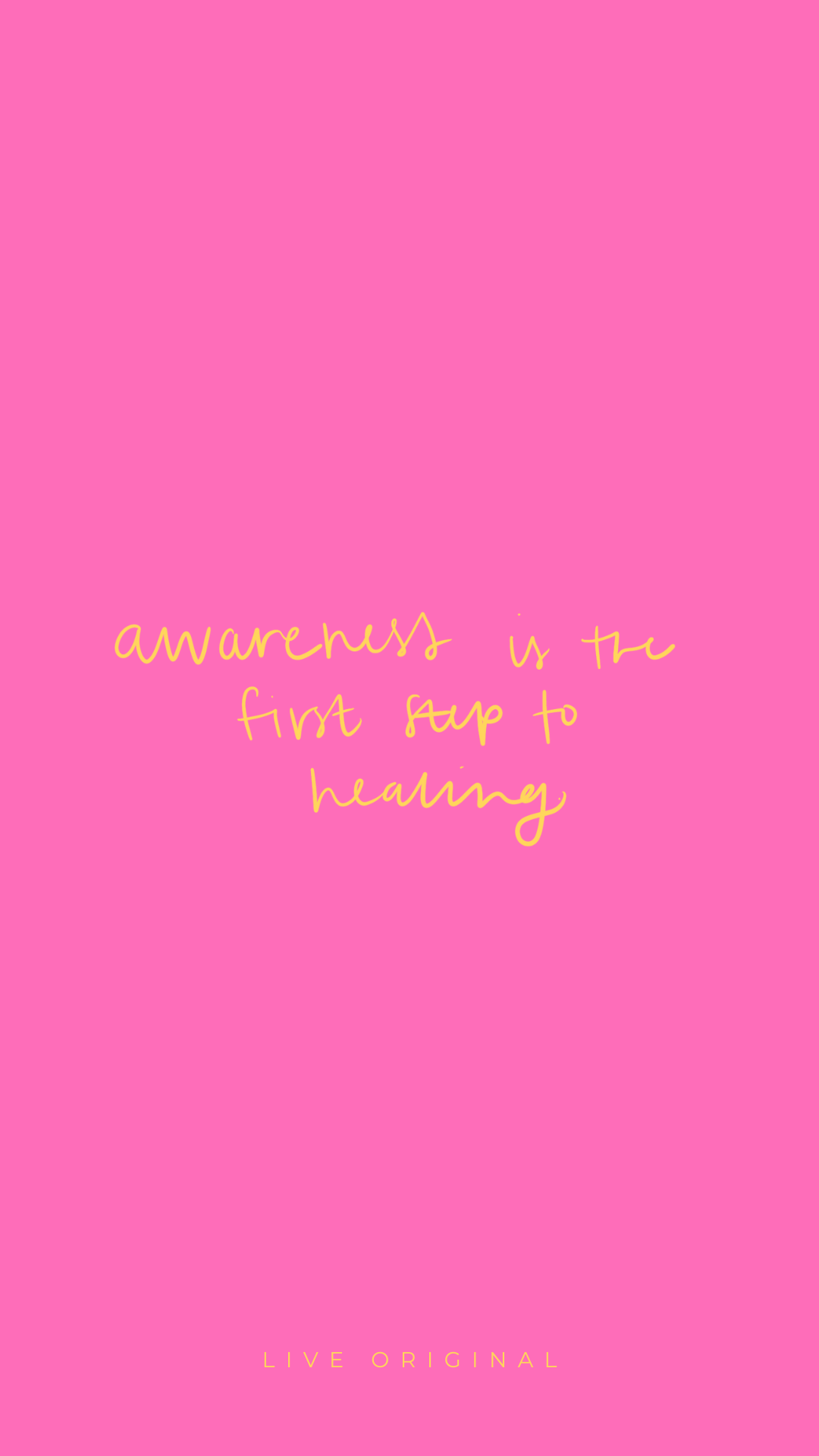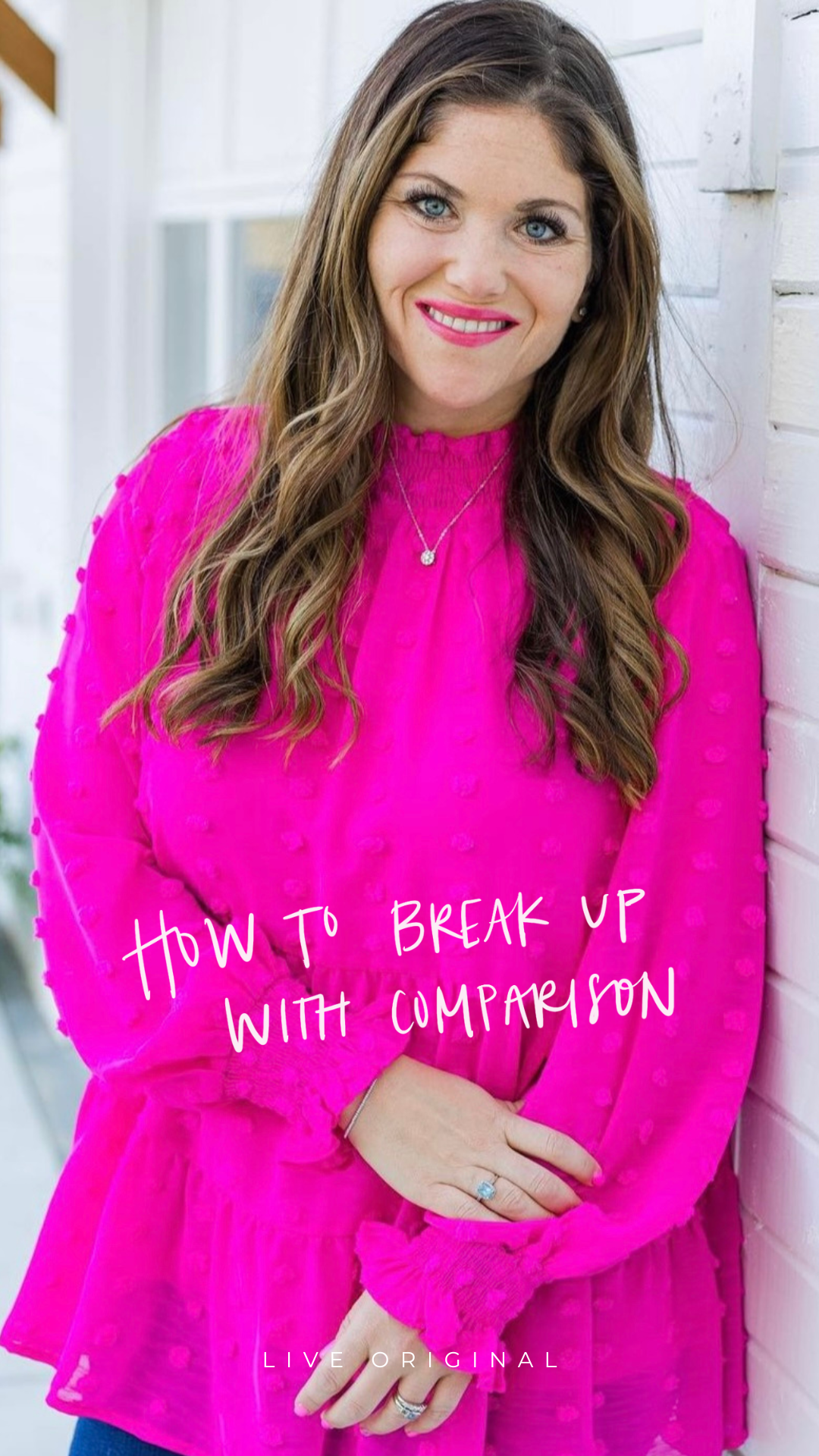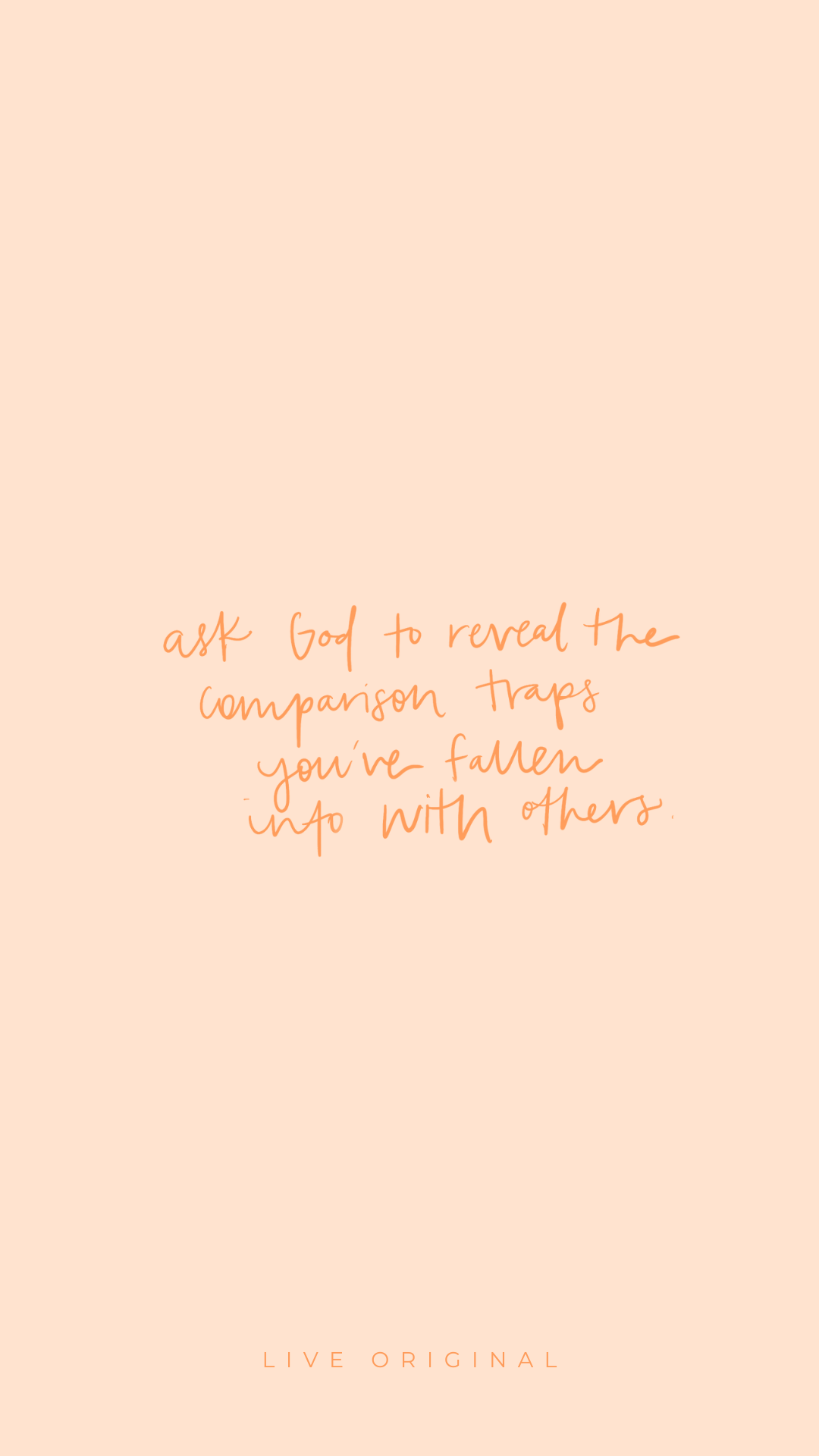
How to Break Up With Comparison
“Stop comparing yourself to other women; including your younger self – she’s another woman.”
These loving words from my husband were spoken as I was crying, yet again, about being unable to lose weight. I was doing “all the right things,” yet the weight refused to budge. And my body shame was just as stubborn.
I have compared my body to the bodies of other girls/women for most of my life. I still remember my third-grade P.E. coach yelling my weight out loud during a “weigh-in” event. I hung my head in shame as I walked back to my seat, mortified because my number was much higher than those of my snickering classmates.
An unspoken competition over weight and appearance drove a wedge between my girlfriends and me for years. (Maybe you’ve been there, too.) Over the years, I’ve learned that body shame, comparison and insecurity are an almost universal experience for women.
During graduate school for my degree in Marriage & Family Therapy, I researched the topic of body image. I conducted a ten-question survey with 138 women, ages 22 to 26, who identified as Christian.
When asked, “Do you like the way your body looks?” 99.98% of the women responded “No”.
The survey also asked women to identify the most significant influence on their view of their bodies. I was sure the top influence would be culture. Yet, although culture did appear on some surveys, the single response shared by almost every respondent was the influence of mothers, aunts, and sisters.
Nearly every respondent had heard moms or other female family members describe how they hated their bodies, needed to lose weight, or were on a new fad diet. One participant summarized how female relatives’ struggles with body image had impacted her: “Comparison is my greatest memory.”
We’ve all contributed to this cycle of body shaming and comparison, haven’t we? We’ve done the best we knew how, so let’s extend grace to ourselves and the other women in our lives. And, beginning today, let’s step into a better way of seeing, valuing and talking about our bodies.
Body comparison is harmful in three distinct ways:
- Comparison robs us of joy. When we are busy comparing ourselves to others, we fail to see who God created us to be.
- Comparison steals our peace. Ecclesiastes 4:4 says; “Then I observed that most people are motivated to success because they envy their neighbors. But this, too, is meaningless—like chasing the wind” (NLT). When we spend time comparing our appearance with others, including on social media, we are chasing the wind. We go nowhere and end up both dissatisfied and exhausted.
- Comparison builds a barrier between us and others. If you’ve ever had a friendship end and you didn’t know why, or you just can’t seem to get close to certain people, it might be due to your (or their) imaginary yardstick. I call this a Comparison Yardstick.
In high school, I constantly compared my body to a particular friend’s body because we were built almost identically. If she lost five pounds, I would lose six, and vice versa. That comparison yardstick kept us from growing close because it fueled jealousy, pride, shame, and insecurity. In order to go deeper with the friend, that faulty yardstick needed to be broken.
How to break your Comparison Yardstick:
Recognize: Awareness is the first step to healing. If we aren’t aware of our comparison yardstick, we can’t break free from it. Ask God to reveal the comparison traps you’ve fallen into with others, especially in the area of comparing your body to other women’s bodies.
This checklist of body comparison symptoms may spark awareness:
- You body-check yourself against others.
- You are motivated to change your appearance by looking at photos of fitness models or friends.
- You have a hard time getting close in relationships due to jealousy and insecurity.
- You compare yourself to a younger or different version of yourself.
- You feel bitterness in your heart toward others and are tempted to gossip about them.
- You have an unhealthy idea of your ideal weight or clothing size.
Repent: The result of comparison is death and destruction. We see comparison creep into the garden when Satan tempted Eve (Gen. 3:2–6). Satan had already “fallen” by comparing himself to God, and now he tempted Eve to desire and take what wasn’t intended for her. Eve was vulnerable because she forgot that she already had everything she needed.
Comparison fuels envy, pride, shame and insecurity. But we can ask for forgiveness from God as well as anyone we have harmed. You’ll discover that your Comparison Yardstick loses its power once you identify your real Enemy and remember that Christ has provided all you need.
Rejoice: Both Eve and Jesus wrestled with temptation in a garden. Eve’s garden moment ended in sin and shame. Jesus’ garden moment ended in the defeat of the Enemy and in victory. And Jesus’ victory on the cross empowers us to resist envy and comparison in all areas of life.
In our own strength, we might never find victory over body comparison, but through Christ all things are possible. Nothing stops comparison more quickly than thanking God for how He made each of our bodies uniquely. Next time you notice comparison sneaking in, stop and pray a blessing over that person.
Rejoicing releases pride, restores our joy, and blesses our friends.
Embracing the body you actually have begins with recognizing you are made in the image of God. This fact doesn’t change with seasons, sizes, or shapes!
Remember how my husband invited me to stop comparing my current body to my younger self? He helped me realize I was comparing my current body, which had borne children, undergone surgery and run marathons, to the body I had at age 15. That impossible Comparison Yardstick was robbing me of the joy of my current season. It was blinding me to the amazing things my body had done over the past decade. It also drove a wedge between me and the other women in my life.
Today, I am letting go of comparison and embracing the one and only body I will ever call home. I am praying that you will too, dear sister. Regardless of size or shape or season of life, may you experience your body as a uniquely good gift from a loving God.

When my graduate-school survey asked women, “Do you believe you were made in God’s image?”, an astounding 99 percent answered yes. Yet most followed it with a statement like, “I know it in my head, but I want to believe it in my heart.” If you struggle with truly believing you are made in God’s image, I invite you to try this Mirror gratitude technique I use in group therapy for body image.
Use these prompts to create your own masterpiece:
- What do you see when you look in the mirror? Write all the things that come to mind on your mirror.
- Strike through any negative attributes, and ask God what He sees instead.
- Highlight or circle any positive attributes. Ask God to show you why He designed you that way.
- Do you see Jesus reflected in your image?
- Meditate on the following verses to embrace how God sees you.
- “Charm is deceptive, and beauty is fleeting but a woman who fears the Lord is to be greatly praised.” (Prov. 31:30)
- “The unfading beauty of a gentle and quiet spirit … is of great worth in God’s sight.” (1 Pet. 3:4)
- “Outwardly we are wasting away, yet inwardly we are being renewed day by day.” (2 Cor. 4:16)
- “The grass withers and the flowers fall, but the word of our God endures forever.” (Isa. 40:8)
- “People look at the outward appearance, but the LORD looks at the heart.” (1 Sam. 16:7)
- “He has made everything beautiful in its time.” (Eccl. 3:11)
- Your new self is being renewed in the image of your Creator. (Col. 3:10)
Rachael Gilbert, MMFT, is a trauma-informed therapist, the author of Image Restored: Tear Down Shame and Insecurity to Experience a Body Image Renovation, and the podcast host of Real Talk with Rachael. Rachael combines her clinical expertise and personal experience to help women overcome fear and insecurity to walk confidently in their God-given dreams. Rachael and her husband Matt are the owners of BBC Health. They live near Dallas, TX, with their three children. www.rachaelgilbert.com

















